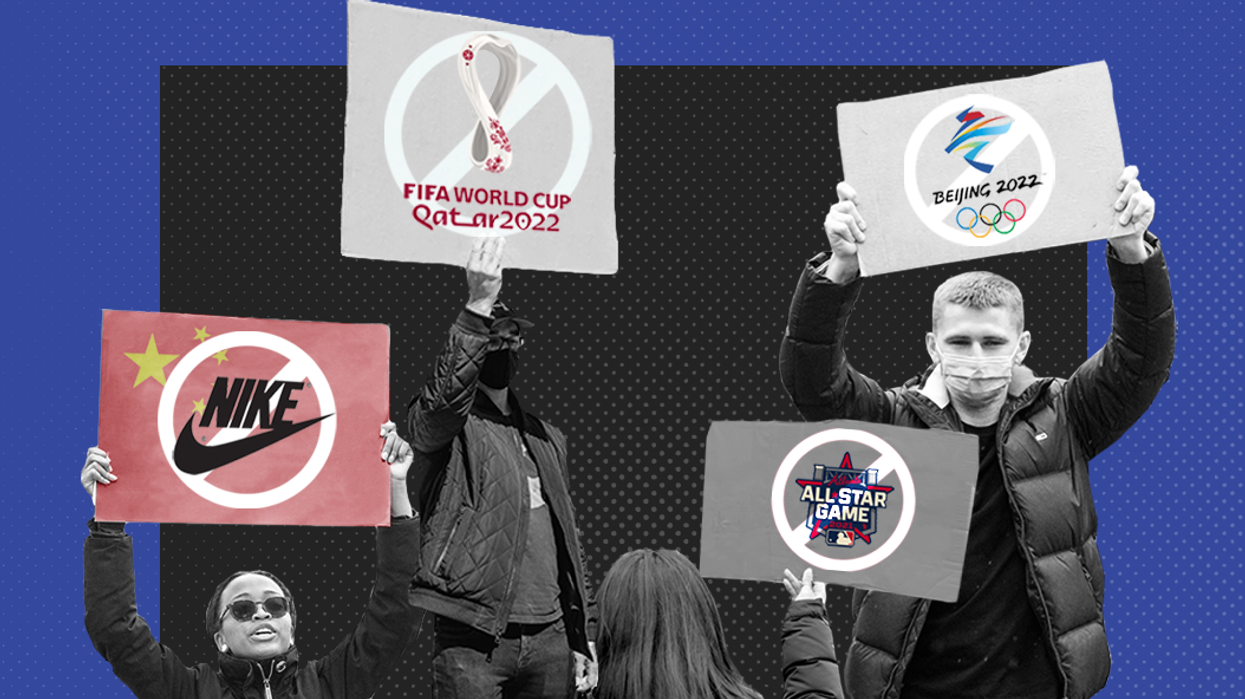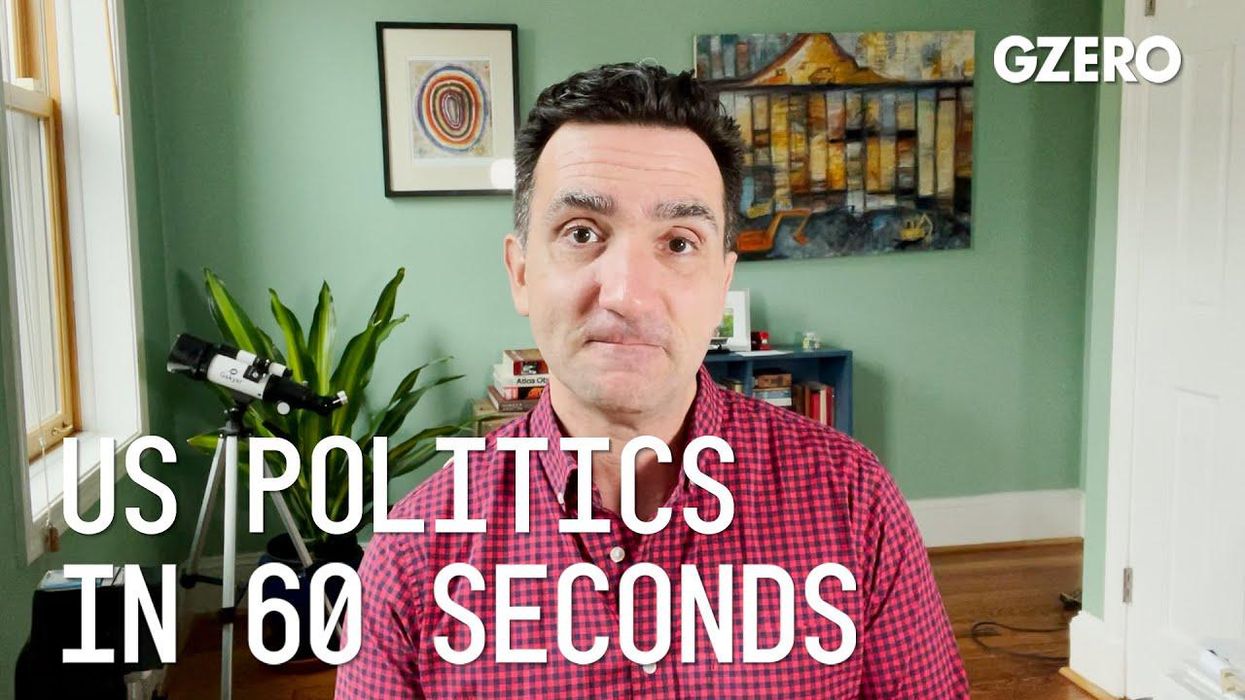Asia
How political sports boycotts (really) work
US baseball has just stepped into a political minefield. It's the latest in a series of increasingly high-stakes sports decisions around the world that have a lot to do with politics — including some controversial boycotts.
Apr 05, 2021


